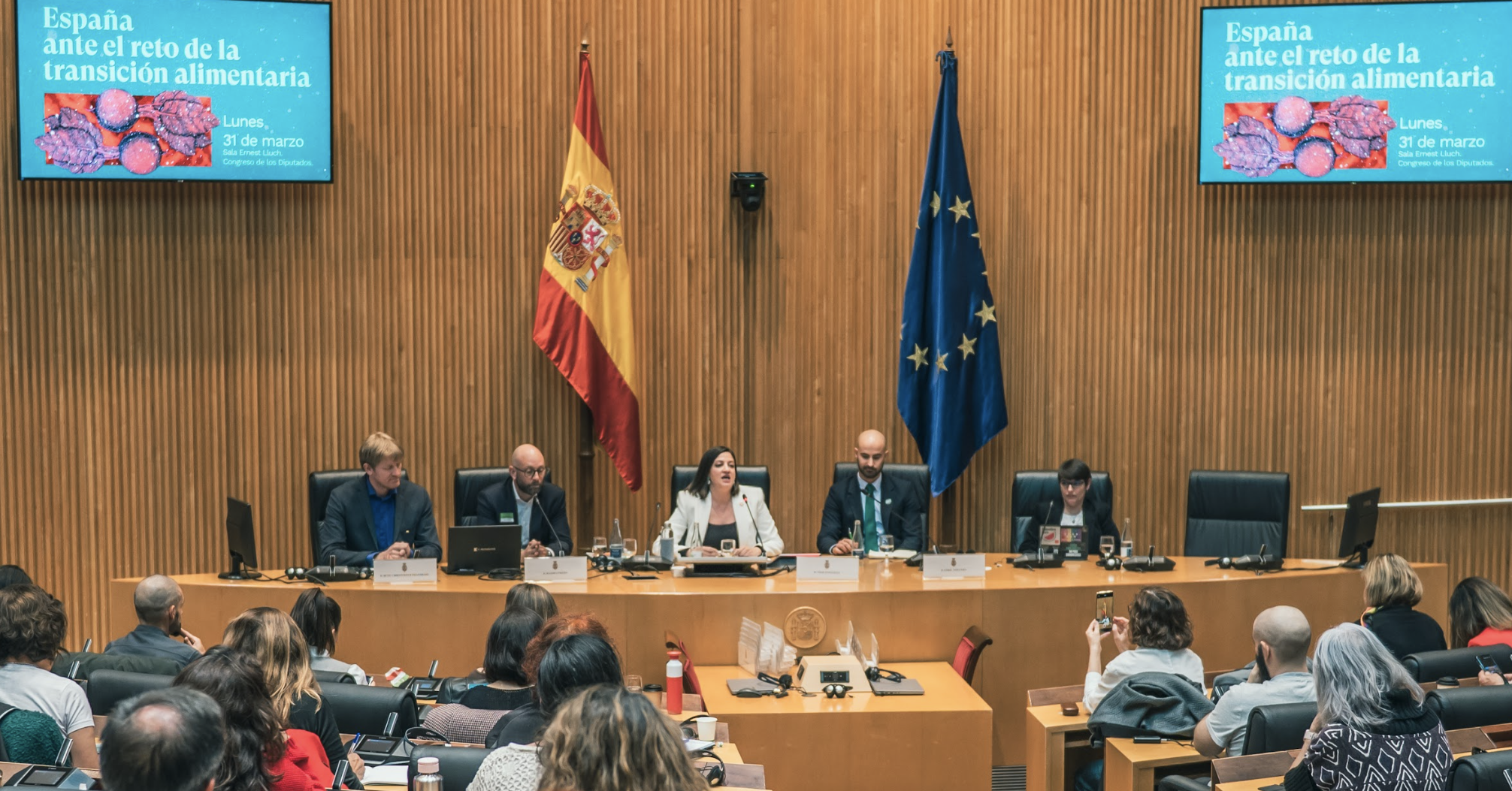Animetrics is looking for a creative, mission-aligned volunteer to support our design work across research reports, social media, and advocacy materials, especially in the lead-up to a key report launch in mid-June.
Who are we?
We are a women-led research and capacity-building organization founded in 2023 by two economists from Türkiye. We exist to address a critical gap in animal advocacy: the lack of culturally-informed, rigorous, evidence-based strategies, particularly in the Global South, where the majority of the world’s farmed animals are raised.
Animal advocacy in these regions often faces three major barriers: low funding, inaccessible research, and limited strategic prioritization. These challenges make it harder to understand what works, where, and why.
We help fill this gap by using economics and data to create change for farmed animals. Our work focuses on Muslim-majority communities and underrepresented regions across the Global South. We conduct research on high-impact questions, translate findings into actionable tools for advocates, and strengthen local capacity to ensure long-term impact. (Learn more at animetrics.org)
What will you do?
We are seeking creative, detail-oriented volunteers to support Animetrics’ mission by designing visuals that strengthen our research communication and advocacy.
You’ll contribute to creating impactful materials used by advocates, researchers, and funders working to improve the lives of farmed animals in understudied regions.
Responsibilities include:
- Report Design – Formatting documents and toolkits for stakeholder sharing
- Visual Translation of Research – Designing infographics and visuals that make research findings accessible
- Social Media Graphics – Creating visual explainers, quote cards, carousels
- (Optional) Web Design Support – Contributing to visual or layout concepts for our website
You’ll work closely with our team and receive clear briefs, feedback, and guidance throughout.
Qualifications?
- Experience with design tools (e.g. Canva, Figma, or similar)
- Strong visual sense and attention to clarity, accessibility, and storytelling
- Ability to work independently and meet flexible deadlines
- (Optional) Interest or experience in advocacy, policy, or social impact design
- (Bonus) Familiarity with animal advocacy, food systems, or Muslim-majority contexts
What we offer?
- Strengthen your design skills on real-world projects and create impactful visuals for research and advocacy
- Help raise visibility for farmed animals in regions and contexts that are often overlooked—especially the Global South and Muslim-majority settings.
- Explore the intersections of animal advocacy, economics, religion, and global inequality.
- Work closely with a small, supportive group
- Remote, low-hours, adaptable to your availability
- Get credited (if you’d like) and stay connected with our network
Your time commitment?
Estimated 10–15 hours/month, remote and flexible, though availability during mid-June is especially important for this role.
How to apply?
Send your resume, portfolio or 2–3 sample designs, and a short note about your background to:
📧 gulbike@animetrics.org
If you don’t meet all the criteria, we still encourage you to apply!
We’re also open to expressions of interest for other roles—especially from those with skills in visual storytelling, writing, or communications. If you want to support our mission, we’d love to hear from you.


